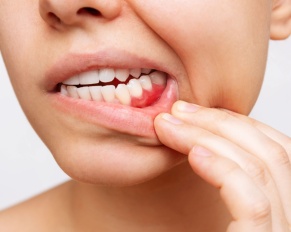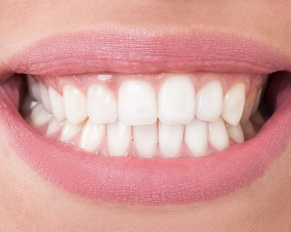Tongue thrust is more than a quirky habit. It’s a muscle pattern disorder that can lead to lasting issues with…

Common Dental Questions, dental care questions and answers, dental health tips, cosmetic and restorative dentistry, dental technology, ask a dentist about oral health

Tongue thrust is more than a quirky habit. It’s a muscle pattern disorder that can lead to lasting issues with…

Why Oral Care Should Be a Priority in Senior Home Care When we think about ways to prevent dementia, our…

As medical research continues to uncover new insights about aging and health, one connection has drawn increased attention: the relationship…

Spring cleaning isn’t just about dusting shelves and organizing closets—it’s also the perfect time to refresh your oral health routine.…

Promoting Oral Health and Well-Being in Eden Prairie, MN Maintaining good oral health is an essential part of overall well-being,…

Toothaches can be incredibly debilitating; they can make eating, talking, and even sleeping a challenge. This sharp, persistent pain disrupts…

Oral health is a cornerstone of overall wellness, especially for seniors. Poor oral hygiene can lead to complications like gum…

As seniors age, maintaining proper dental care becomes more challenging, especially for those who are homebound due to chronic illnesses…

Cavities, or tooth decay, are an incredibly common dental issue affecting almost 90% of adults between 20 and 64 years…

Throat cancer, a broad term defining many cancers that develop in the throat (pharynx), larynx (voice box), or tonsils, is…